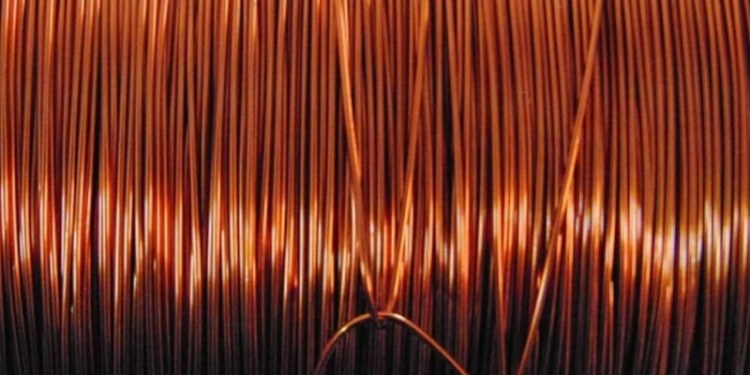January 11, 2016 Updated 1/11/2016
Email Print
David Sedgwick
Automotive News
Detroit — Plastic Omnium is a company in a hurry.
While analysts are debating whether the U.S. car market has topped out, the French supplier has made a $ 650 million bet that the party isn’t over yet.
Plastic Omnium, which produces fuel tanks, bumpers, diesel emissions systems and plastic structural components, built two new plants last year in the United States, with two additional facilities to be built this year and next in Mexico.
With its investment in North America, plus the recent acquisition of Faurecia’s exterior components business, Plastic Omnium will generate sales with automakers of $ 8.7 billion, enough to rank 26th on Automotive News’ list of the top 100 global suppliers.
That’s a significant move up for the company, which ranked 40th on the list last year, with 2014 revenue of $ 6.5 billion.
Plastic Omnium CEO Laurent Burelle told Automotive News today that he may add yet another bumper plant in North America in addition to the facilities already announced if talks with potential customers prove fruitful.
“I like [the U.S. market] because it’s a transparent, healthy market,” Burelle said. “It’s a tough market, but fair. You can make, or lose, a lot of money in this region.”
Plastic Omnium claims to be the top global producer of gasoline tanks and bumpers. Last year, the company started producing bumpers for Volkswagen in Chattanooga and fuel tanks for General Motors in Fairfax, Kan.
The company also has begun producing diesel emissions systems and carbon fiber structural components.
But these two segments aren’t likely to generate big revenues anytime soon, Burelle acknowledged. Volkswagen’s emissions-rigging scandal seems certain to dampen demand for diesels, and carbon fiber is still too expensive for mass-market use.
Plastic Omnium produces carbon fiber components for the BMW 7-series sedan. But with raw materials prices ranging from $ 10 to $ 12 per pound, carbon fiber isn’t ready for the mass market, Burelle said.
The company will continue to invest in these segments, but it could take a decade or so for carbon fiber to be cheap enough — and gasoline expensive enough — to generate high-volume demand.
So in the meantime, Burelle says he’s counting on gas tanks, exterior components and a robust U.S. economy for much of Plastic Omnium’s growth.
Said Burelle: “I would like to move a little bit quicker in the U.S., if there is room for us.”




























